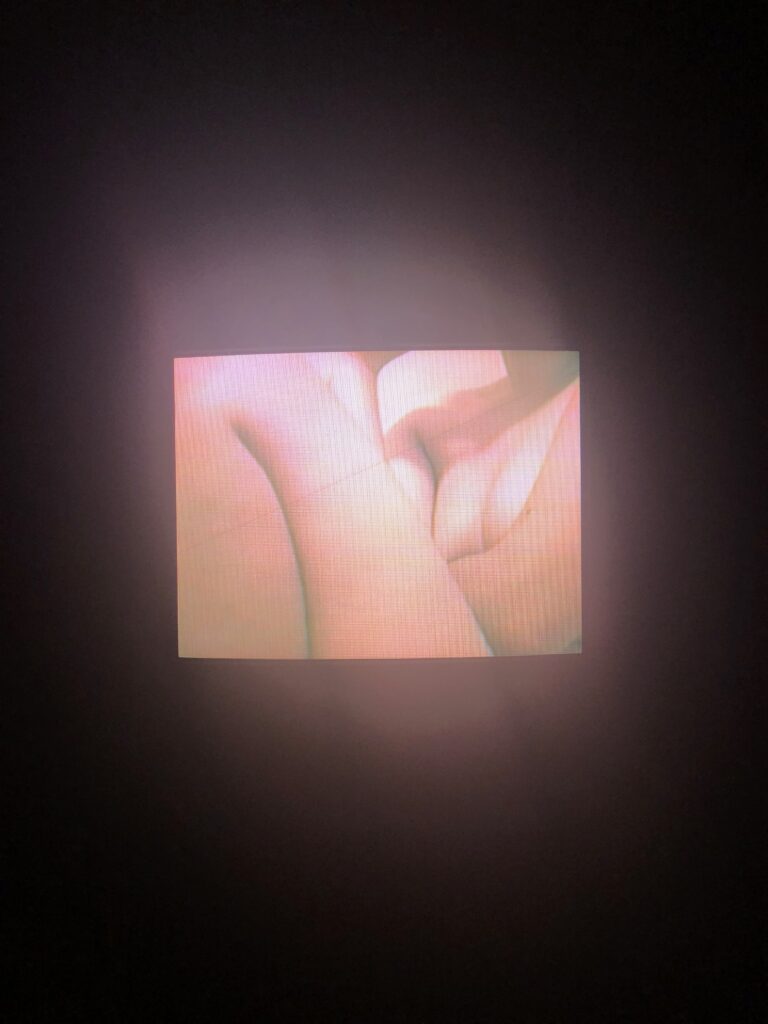In order for us to make a code together, listeners also need to start complaining about the behaviour of the institutions vigorously. Because in this procedure, if the listeners don’t stand up, there is no place for a throwing cord. And Aliza Shvartz’s work came to mind while thinking of institutions claiming “principle” to the complainer about an obscure, unclear problem.


Her first work, Untitled [Senior Thesis] (2008), consisting of a yearlong performance of self-induced miscarriages, was declared a “fiction” by Yale University and censored from public exhibition. When an institution puts forward a ‘principle’ that has the power to enforce an individual, it should be aware that an individual’s complaint is no way to enforce the institution. After 10 years later, she exhibits this documentation in another space (player, 2018). Finally, the “Truth”/ “Story” came out from undersea. In her work, the form of art could be the cord. And this platform “Art” comes out in public with a different kind of power than the principles of the institution. Her work encourages me to contemplate what and how to bring the past to the surface. Especially about the way how it’s through the right form to reveal.